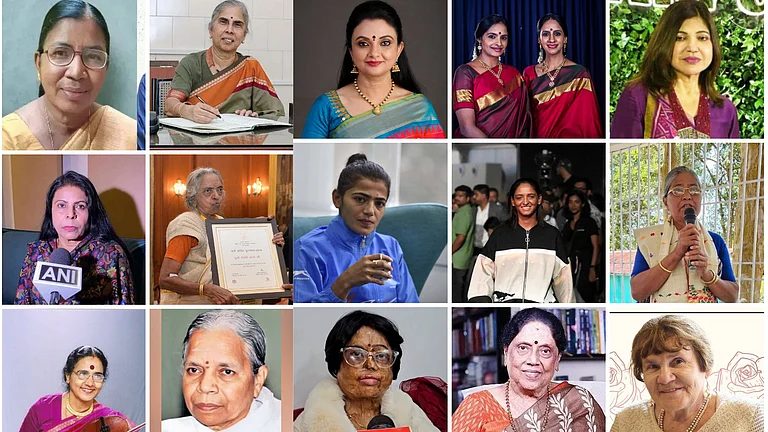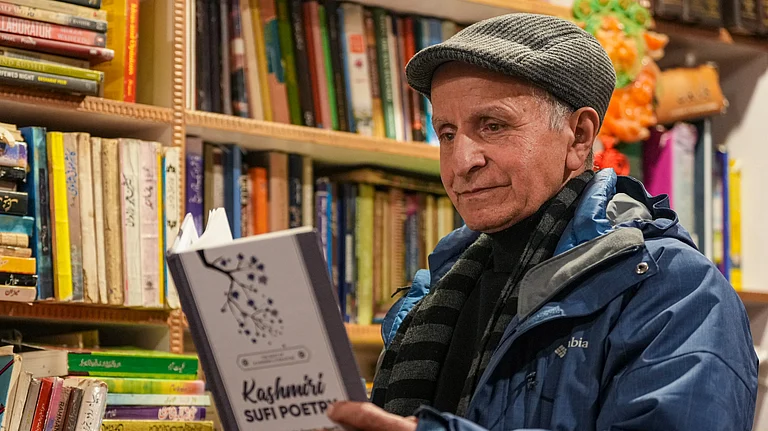Parbati Baruah, India's first female elephant mahout, has been honoured with the Padma Shri award for her dedicated efforts in addressing human-elephant conflicts through the application of scientific practices and her commitment to animal welfare. Her name was included in the list of Padma awardees announced on the eve of the 75th Republic Day.
Born into a royal family in Assam, Parbati developed a deep connection with elephants from a young age and received guidance from her father. Overcoming gender stereotypes in the traditionally male-dominated field, she earned the nickname "Hasti Kanya" or “daughter of elephant”.
During her early years, Parbati spent most of her time domesticating and training elephants. At the age of 14, She was introduced to the field of elephant management by her late father Prakritish Chandra Barua. The royal family had 40 elephants.
The 67-year-old, one of nine children of the late Prakritish Barua, the final Rajah of Gauripur, spent significant time in the jungles with her father, who was an eccentric hunter with an extraordinary understanding of elephants. They had about 40 elephants in their royal stables.
Initially, her family engaged in capturing and selling elephants until the government imposed a ban on this practice. Notably, their clientele included the royal families of Bhutan, Cooch Behar, and Jaipur.
Parbati first domesticated an elephant in Kochugaon forest (Assam) at the age of 14. Following this, she successfully tamed 14 wild elephants through Mela Shikar from 1975 to 1978, operating in the forests of Assam (Darrang and Kochugaon) and North Bengal (Jalpaiguri and Darjeeling). Additionally, she actively assisted forest officers in the care and treatment of the newly tamed elephants.
She became India’s first female elephant mahout and earned her name in a traditionally male-dominated field.
In 1989, Parbati Baruah's efforts in the welfare and management of both wild and captive elephants were acknowledged with the United Nations Environment Program (UNEP) award, specifically the "Global 500 – Roll of Honour." Furthermore, a BBC documentary titled "Queen of the Elephants" was produced, highlighting her remarkable achievements and contributions in the field.
Parbati Baruah, has on several occasions, addressed and resolved several human-elephant conflicts. In recent years, she has also assisted three state governments to tackle and capture wild tuskers. In an incident in West Bengal's Midnapore district, a herd of over 50 elephants went off course and were on a destructive path. When authorities couldn't get the situation under control, they turned to Parbati Baruah. With her team and four elephants, she guided the tuskers back to their path.
Currently residing in Jalpaiguri, Baruah leads a modest life, devoid of modern comforts. She resides in a basic tent with a worn-out mattress, surrounded by the essential tools of her trade—ropes, chains, and khukris, according to Firstpost reports.


























